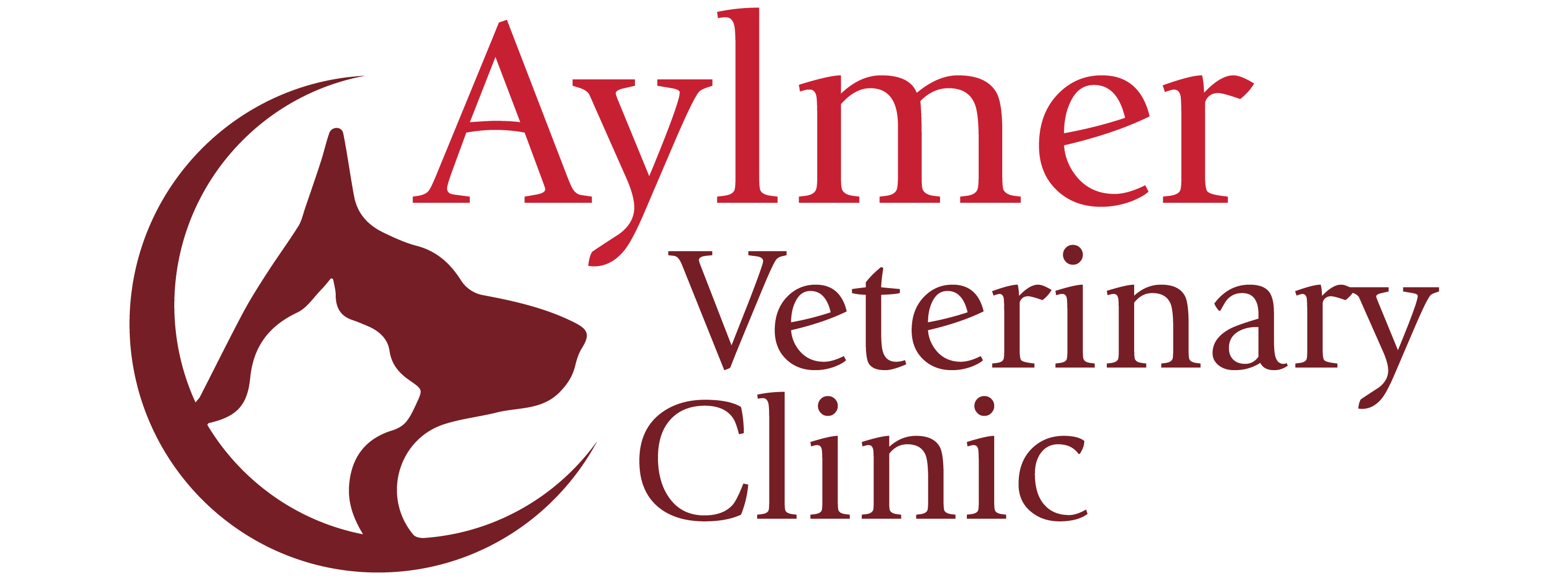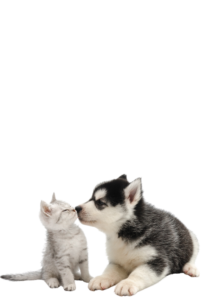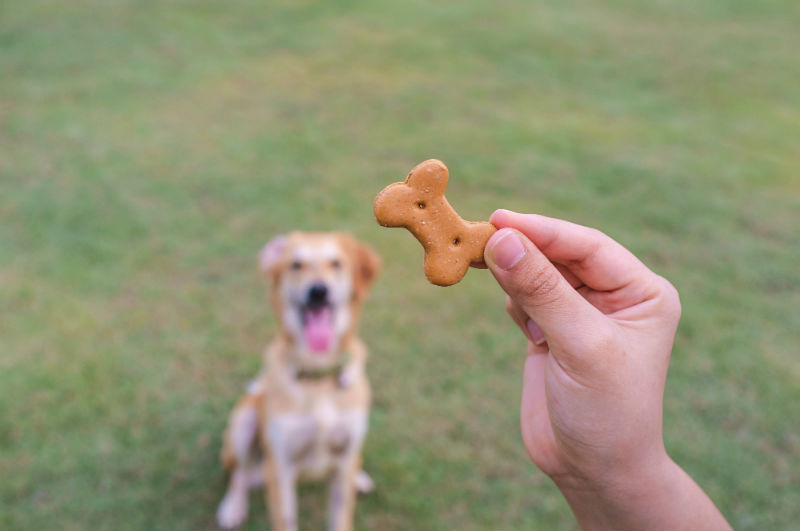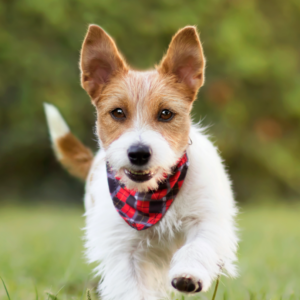One of the most common misconceptions I hear time and again working in this industry, is that pet owners are avid “grains are awful for dogs,” causing allergies, skin issues, and cause poor quality of life for our furry best friends. Now I know what you are thinking, it’s all over the media that grains are bad. It is thought if grains are the first ingredient the dog food, it is not a worthwhile food, and you, as the consumer, are not getting your monies worth. The truth is grains are essential for a well-balanced diet.
“Wolves don’t eat grains so my dog shouldn’t have them either.”
Dogs have not been closely related to a wolf for 1000’s of years. Basing his diet off of a very ancient connection to a wolf isn’t valid. It would be like basing our diet off of a chimpanzee’s diet because at one point, way back, we had a common ancestor. Wolves do consume grains. It’s a small portion of their diet, but they do eat them.
“I eat a grain free, and I feel great on this diet, so it’ll help Spot too.”
Basing your dogs’ diet off of another’s is not logical. Our dogs may be our four-legged ‘children,’ but this does not mean that they can eat like us. Grains provide carbohydrates, which the body uses for energy. Carbohydrates are also the most required nutrient used by the brain. Without a balanced diet of grains, Spot can suffer varying degrees of disorientation and forgetfulness. The body also uses grains for healthy skin, coat and immune system via the amino and fatty acids. There is a new study that suggested grain-free diets are linked to heart disease, which is really not good for Spot.
“Rover is allergic to grains, he needs a grain-free diet, or he’ll be itchy.”
Yes, it is possible for Rover to have a grain allergy, but it is rare. The most common allergen our dogs can have are environmental allergies, like fleas, dust mites, grass and pollen. If Rover truly has a food allergy, it is much more likely that it is based on the protein in his food. The most common culprits being chicken, beef, dairy and eggs. Lamb, fish and pork are less likely, but still more common than a grain allergy. This is why if you look at a true, tested by scientist, proven in the animal health industry, the hypoallergenic diet they have changed the protein to something your dog has not been exposed to, i.e. Kangaroo, or even changed the makeup of the protein so it will not cause the allergic response in the body. But before trying to determine what is affecting your dog to make you suspect allergies, it is wise to consult your veterinarian first, because there is potential to cause more harm than good and make Rover even more uncomfortable.
What to take away from all of this is to feed your beloved dog what is best for them. Too much grain in the diet and it acts like a filler, and your dog is not receiving all the nutrients he needs. Too much of anything is bad; a balance is the key to a healthy pet. Some unfortunate pups are allergic to grains, but it is few and far between. Check with your veterinary team first to ensure you are feeding what is best for you dog. Do your research before you settle on dog food, is the company reputable? Do they research their product? Do they have studies that are proven to help your pet? Are they sourcing the ingredients from a responsible distributor? These are all important questions to ask before selecting a dog food. Remember, all dogs are different, just like people, what works for some, may not be the best option for yours. Feed the food that works best for your best friend.
Written by Jessica Lovell, VT




